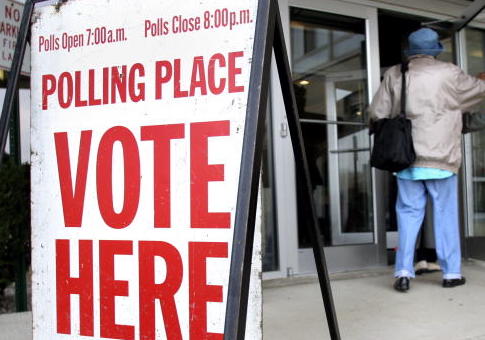Voters are saying health care is a top issue that should be discussed by candidates in the 2018 midterm elections, according to a poll from Kaiser Family Foundation.
Survey respondents were asked what they thought was the most important issue for candidates to talk about. Twenty-nine percent of respondents said health care, 27 percent said the economy and jobs, 24 percent said immigration, 24 percent said the situation with North Korea, and 19 percent said taxes and tax reform.
There was a higher share of Democrats who said health care was a top issue (39 percent) compared with 13 percent of Republicans and 32 percent of independents.
Voters who live in areas with more competitive House, Senate, and gubernatorial races are less concerned with health care and more concerned about jobs and the economy (34 percent).
With regard to the Affordable Care Act, 50 percent of the public has a favorable view of the Affordable Care Act and 42 percent have an unfavorable view.
The Tax Cuts and Jobs Act repealed Obamacare's individual mandate, which requires that individuals purchase insurance or pay a fine to the IRS. The foundation has found that the mandate is the least favorable provision in the health care law.
Forty-six percent of poll respondents incorrectly said that the individual mandate was not repealed and 18 percent were not sure if it had been repealed. The survey also found that a majority of respondents did not know anything about the open enrollment period for individuals to purchase insurance.
Most respondents believe Medicare is a federal program that helps pay for health care while 27 percent say it is a welfare program. Twelve percent of respondents want the government to reduce spending on Medicaid and 7 percent want to reduce spending for Medicare. If the government spending is referred to as a welfare or entitlement program, the share of people who want to see cuts to spending increases to 37 and 32 percent respectively.
Respondents were also asked what they would do with a tax refund if they received one. One-third of respondents say they would invest or save it, while 44 percent said they would use it to pay off debt or pay for a bill. Seven percent of respondents said they would use the tax refund to pay something they have put off, which includes health care costs.
